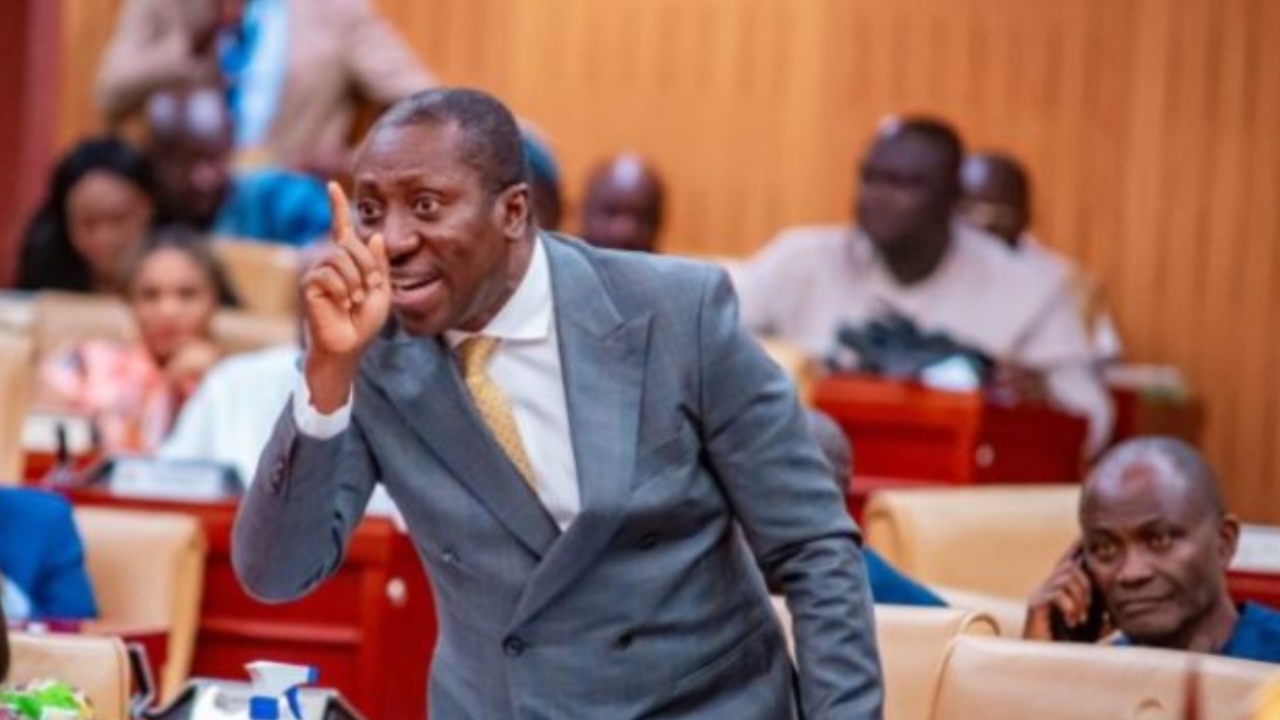The Minority in Parliament has accused the government of sidestepping legislative oversight by failing to submit documents on several flagship programmes for review and approval.
At a press conference, Minority Leader Alexander Afenyo-Markin criticised the executive for launching major national initiatives without parliamentary scrutiny. He mentioned that programmes such as the 24-hour economy initiative and the Feed Ghana programme have yet to be presented to Parliament despite their planned implementation.
“The 24-hour economy programme, the One Million Codes initiative, the Agro Agri-Food Transformation plan, the labour export project announced by the President, and the National Apprenticeship Programme have all not seen parliamentary scrutiny,” Afenyo-Markin stated.
The Effutu MP reminded the government that the Constitution mandates it to submit programme documents for parliamentary scrutiny before execution, especially since these projects depend on funds approved by the legislature.
He cited the Feed Ghana programme, launched in April 2025 to modernise agriculture and create jobs, and the Big Push infrastructure initiative, a $10 billion project announced for September 2025, as examples of stalled flagship initiatives awaiting review.
Despite public announcements, Afenyo-Markin said none of these programmes has been backed by formal documentation for Parliament’s consideration.
He further criticised the government’s handling of the 24-hour economy, noting that the President raised expectations in the State of the Nation Address but the initiative was absent from the 2025 budget presentation.
“The Finance Minister said nothing about the 24-hour economy programme during the 2025 budget presentation,” he emphasised.
The Minority Leader pledged continued pressure on the executive to ensure transparency, fairness, and accountability. He insisted that flagship programme documents must be submitted to Parliament before implementation to maintain good governance and public trust.




